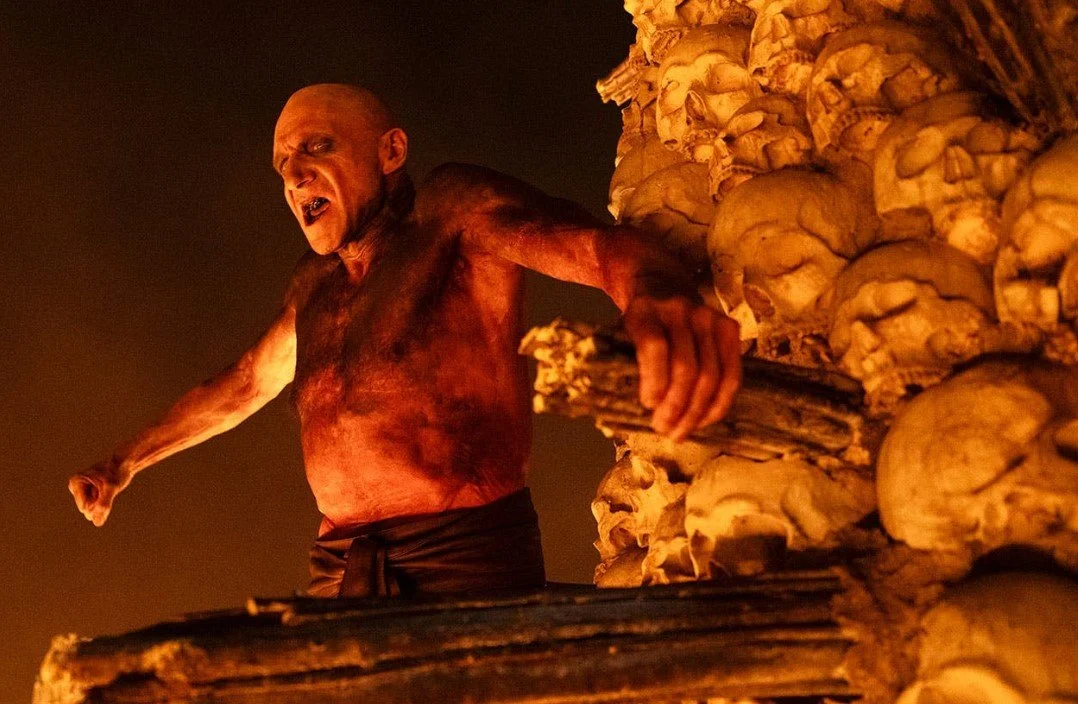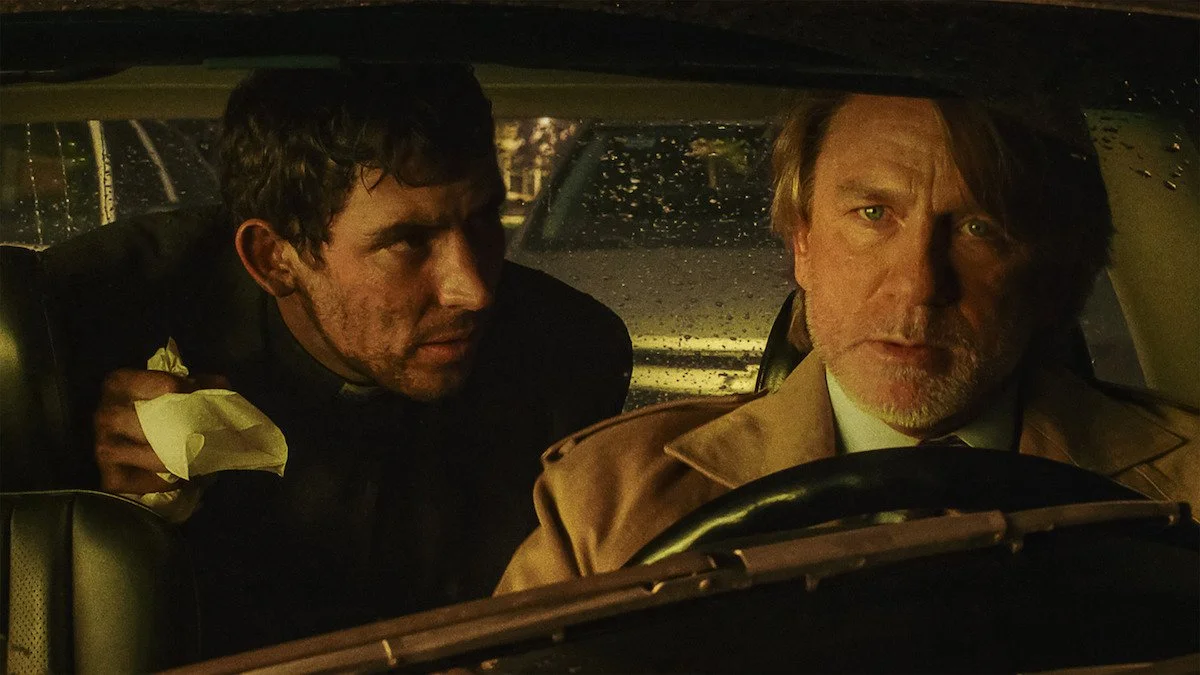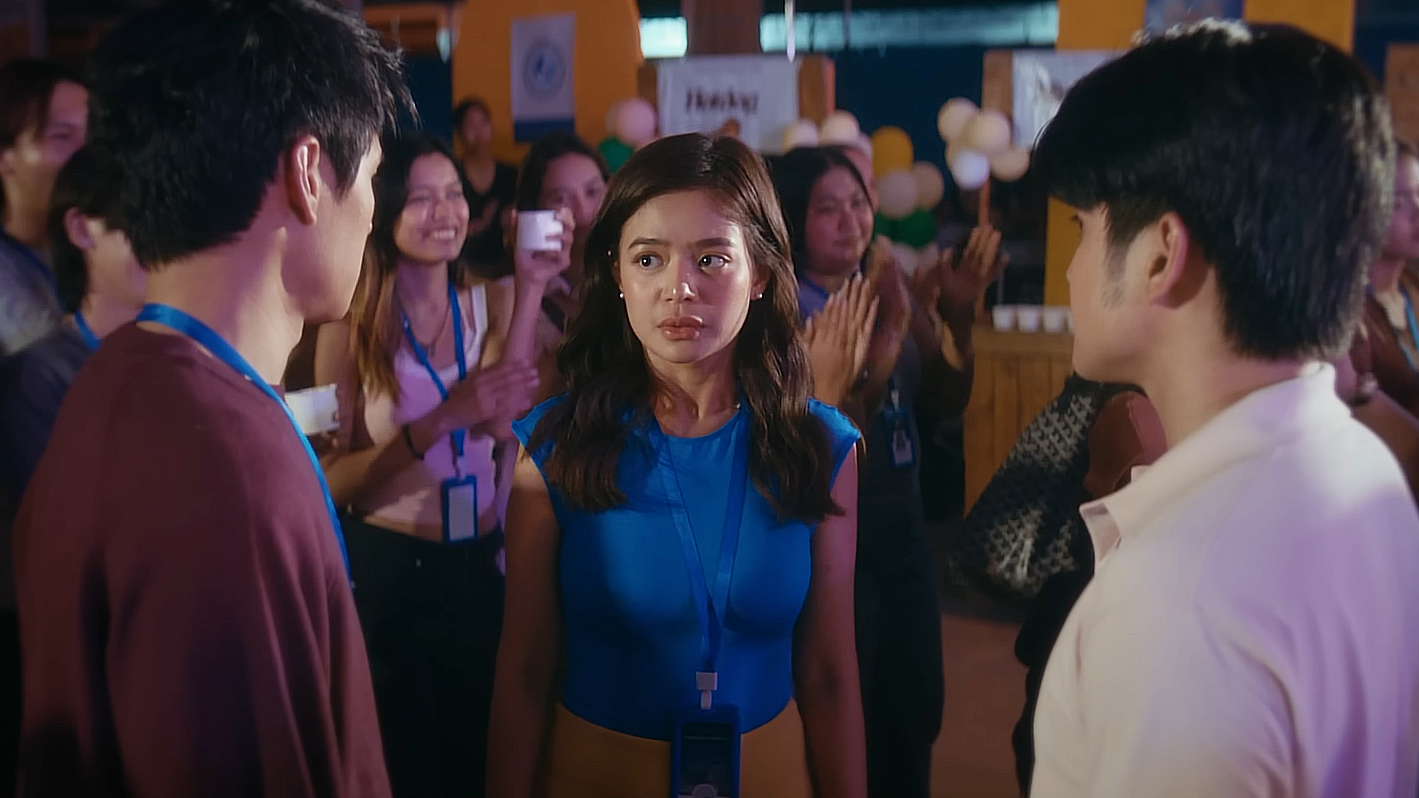‘Victoria’ REVIEW: A technical achievement as daring as its heedless protagonists
‘Victoria’ REVIEW: A technical achievement as daring as its heedless protagonists
Laia Costa plays the titular role in VICTORIA.
Young people are no stranger to recklessness. For them, it’s an act of rebellion against everyone and everything that locks them in a psychological prison of regrets and angst. It’s one cathartic release of repressed emotions and desires with many of them taking advantage of their youth in the most foolish ways possible. “You only live once,” abbreviated as ”YOLO,” is the infamous motto they yell as they give into their worst impulses. As long as the highs keep coming and the lows are invisible to the rational eye, the entire world doesn’t matter, regardless of the drastic consequences.
Likewise, there’s plenty of this devil-may-care attitude in Sebastian Schipper’s Victoria. Set in real-time Berlin, the film revolves around the titular protagonist (played by Laia Costa) experiencing an early morning to remember as she goes through a perilous odyssey of crime, drugs and partying in the span of two hours and fifteen minutes. Victoria decides to join a group of male troublemakers, and their bond slowly drives them into a situation that spirals out of their control.
Victoria and the boys, hanging out right at the streets of Berlin in the early morning.
As the premise might suggest, recklessness is Victoria’s most prominent element. At first, Sebastian Schipper invites the audiences to revel with these youngsters as they celebrate a time of their lives that simply allows them to have a good time without thinking of the problems they currently have, nor the repercussions of their ensuing actions. Through the camerawork and the music, the film produces somber nostalgia of the times when we aren’t thinking of anything else other than the beautiful moment we’re sharing with others. Additionally, Schipper’s risky choice of formatting the film as one long take makes it for one dreamlike ride that matches anyone’s memorable night out. Therefore, the one-shot filmmaking does add to the theme they’re going for: unfiltered experience of one’s supposed freedom and the costly price they pay for it, both within the film’s universe and the actual occurrences behind the scenes.
To add more to this correlation between youth and freedom, the character of Victoria is also established as a wild and carefree lady. The long take gives a feeling of going with the flow as much as Victoria, who unwittingly agrees to join in with a bunch of guys who invite her for a ride in a stolen vehicle. Normally, anyone would be suspicious of these folks when they invite her on a ride that is revealed to be someone else’s. But Victoria—a young Spanish girl who lives alone in this German city—comes along with these strangers, because they seem like good company.
Victoria and Sonne have the best relationship in the film with both Costa and Lau having dynamic chemistry with each other.
And these strangers are good company, at least for the moment. At first, we’re more suspicious of these random men suddenly intruding Victoria’s life, perhaps even more so than the main character herself. But as the film progresses and the booze and the chatters grow plenty, we’ve grown more settled with their presence.
Consequently, it comes to one’s surprise that Schipper naturally builds the central relationship between Victoria and the men within a short period of time. It helps when every character gets more open with each other as they become more intoxicated. The most developed dynamic is between her and Sonne (played by Frederick Lau), whose budding romance is essentially the heart of the narrative. Both Costa and Lau gradually share small talk, awkward but sweet laughs and eventually find common ground. And with most of the dialogue heavily improvised by the performers, they achieve a tremendous level of authenticity as everyone is overlapping each other’s speech, misspeaking and finding a sort-of wholesome relation with their back-and-forth conversations. After all, they’re all in for the positive vibes and each other’s companionship.
Victoria hasn’t gotten over the fact that she isn’t able to be a professional pianist, despite practicing the instrument for nearly her entire life.
However, in the midst of the laughter and drunken chit-chats, there is a profound melancholy to be found in Victoria, even before the film approaches its nauseating narrative shift. Victoria, the character, represents individuals of the more recent generations as they approach adult life, aspiring and working hard to fulfill a dream, only to be disappointed when they learn that what they have is not enough to succeed. We see that when the main character plays a portion of the Mephisto Waltz on the piano of the cafe she works at, displaying a talented skill in the instrument which she developed for most of her life. And yet, she isn’t a professional pianist in a conservatory, which is something she fought for in the past but never bore fruit.
As onlookers, we wonder how these young adults end up in this place, especially Victoria, and we can’t help but feel the loss of ambition. Laia Costa embodies Victoria’s defeat, and transfigures it as a means to go along with the flow of where circumstances in life take her, as previously mentioned. It’s recklessness that accepts the fact that her life becomes aimless. Same goes with the boys as well, who both have unspoken troubles that they have to deal with, which aren’t revealed until an hour has kicked in.
The fun stops for Victoria and the boys when they’re forced to participate in a criminal plot.
That leads to the narrative’s biggest turn of events where Victoria begins to show a different kind of recklessness. In its pulse-pounding second half, the film displays an unpredictable sequence of events that constantly test our immersion and relatability to the characters to great lengths. This also holds Schipper’s hardest challenge in the filmmaking department as the final stretches require action-packed set-pieces including a heist sequence and a shootout. Upon anticipating them, we initially feel a lingering dread and intensity for them as they take part in the situations. The genuine panic is multiplied infinitely with the film being a long take, meaning that the performers are desperately trying not to mess the act up.
But there are certain idiotic choices that Victoria and the guys make that it feels like they’re putting themselves in a lot more danger than they should be, which definitely will frustrate some and freak others out. Sure, their frantic actions can be explained because of the stimulants they have consumed before the events take place, but that doesn’t leave the fact that some of their escape plans seem to go smoothly without any more consequence to be found along the way. Yes, not everyone leaves unscathed. But does it not occur to you that there are points including the getaway scene where the characters unbelievably just missed the hook?
Victoria contemplates in the mirror after a very stressful and life-changing two-hour event.
Be that as it may, audiences will still consider Victoria as a technical achievement for Sebastian Schipper and his cast and crew. Kudos to Sturla Brandth Grøvlen for lifting the camera single-handedly and keeping up with the actors. It’s not an easy task to plan a film that’s very reliant in movement with changing locations and without cutting once the entire time. But Schipper manages to pull it off with a consistent aggression that powers the film’s vigorous nature. Still, the final product isn’t flawless: there are some sequences that go on for too long as characters move from one place to another; and the contrived conveniences lean towards the implausible. However, the human story remains poignant and its tragic conclusion is very much expected and effective, despite the characters’ terrible decisions gradually draining our emotional investment.
At the end, it’s difficult for everyone to say that the future is bright when things on the road aren’t looking pretty. In the film, Victoria’s fate isn’t any different, but she, and the rest of us, can only move forward and hope for the best even if the odds aren’t in our favor.



















